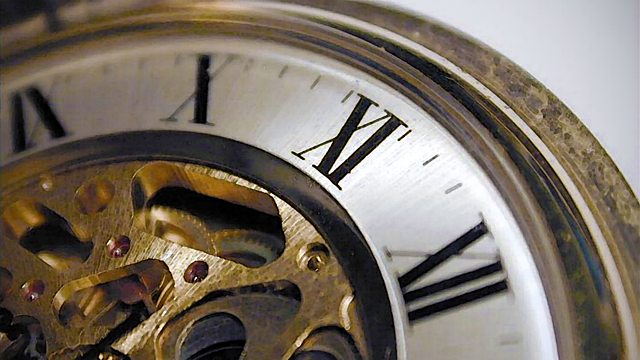Bending Time
David Runciman looks at how to stop democracy being beaten by the clock.
Time might not be the first thing that comes to mind when we think about politics. But it actually underpins the very idea of modern democracy. Representative democracy is a system of deliberation that puts a brake on decision-making. It has a highly artificial rhythm - of checks, of balances, of electoral cycles. In a technology-fuelled world with a need for speed, democracy was designed to be slow.
In this three-part series, David Runciman looks at how democracies might think more deeply about time to tackle the challenges of the future. He moves through space and time, from Ancient Greece to our automated future, via 1930s America, post-communist Eastern Europe, and a stretch of motorway around Newport, Wales. In order to tackle the existential threats facing our societies and our natural world, do we need to find a way for politics to get up to speed?
In episode one, David looks at how power bends time. How do political leaders speed things up and slow things down? How does time change in a crisis? And what can we learn from the past to stop democracy being beaten by the clock?
Presenter: David Runciman
Producer: Ant Adeane
A Novel production for 大象传媒 Radio 4
Last on
More episodes
Previous
You are at the first episode
Next
Broadcasts
- Tue 9 Nov 2021 11:00大象传媒 Radio 4
- Mon 15 Nov 2021 21:00大象传媒 Radio 4

